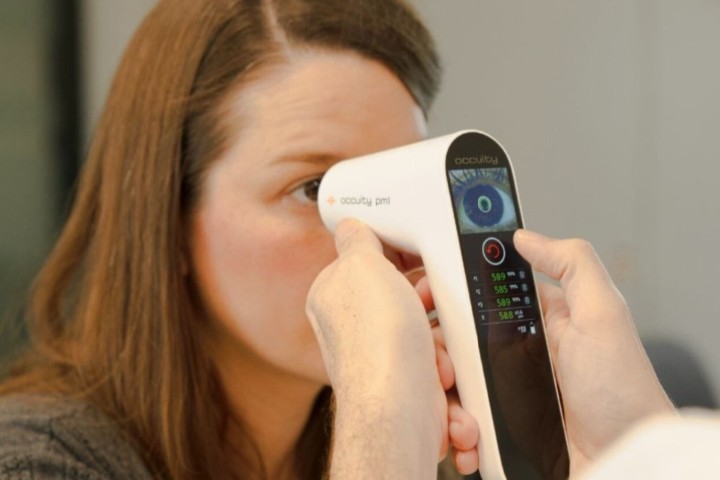VR eases MRI experience
Researchers from King’s College London have created a novel interactive virtual reality (VR) experience for patients undergoing a magnetic resonance imaging (MRI) scan, making it less challenging for children, people with cognitive difficulties and those who suffer from claustrophobia or anxiety.
In normal circumstances, MRI scans fail in up to 50% of children under five years of age, forcing hospitals to rely on sedatives or even anaesthesia to scan them. These measures are time consuming, expensive and have their own associated risks. From a neuroscience point of view, it also means that MRI-based studies of brain function are generally only ever studied in these vulnerable populations during an artificially induced-sleep state, which may not be representative of the brain’s normal functioning.
Lead researcher Dr Kun Qian, from the King’s School of Biomedical Engineering and Imaging Sciences, said his team was keen to resolve these issues. “Our interest in VR specifically came from the simple observation that when someone is immersed in a VR environment, they are entirely unaware of their surroundings. We thought if we could make a system compatible with the MRI environment, it could be a very powerful alternative to successfully scan these challenging populations.”
The researchers developed a special light-tight, MRI-safe VR headset. Once properly positioned, the system’s projector is immediately live, providing immersive content until the end of the examination. The sounds and movements of an MRI are incorporated into the VR experience to fully immerse the patient, while the user can interact with the virtual world just with their eyes. By looking at areas in the VR environment the user can navigate through the virtual world, select content such as films and games and initiate or terminate a video link to their companion or carer. Next steps include content development and testing the system with patients, said researchers.


























